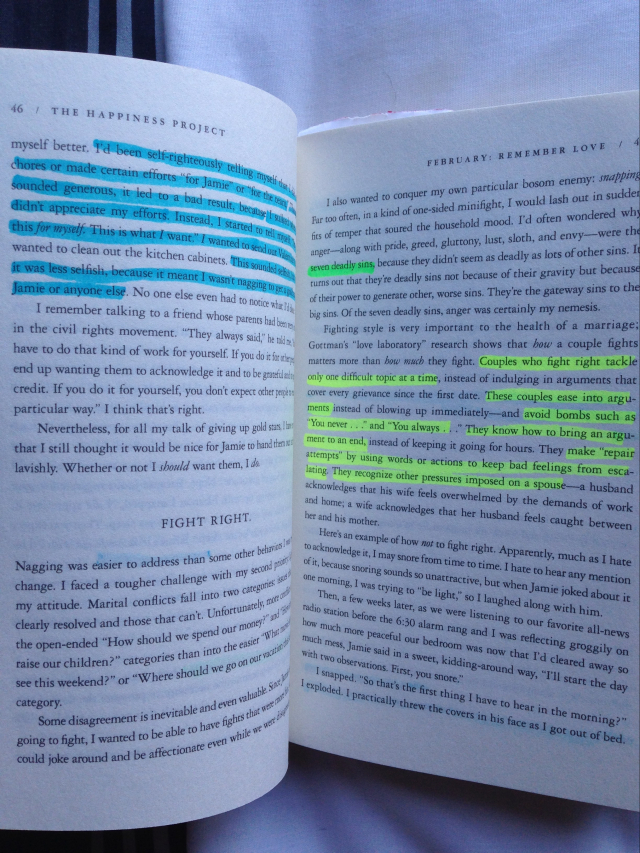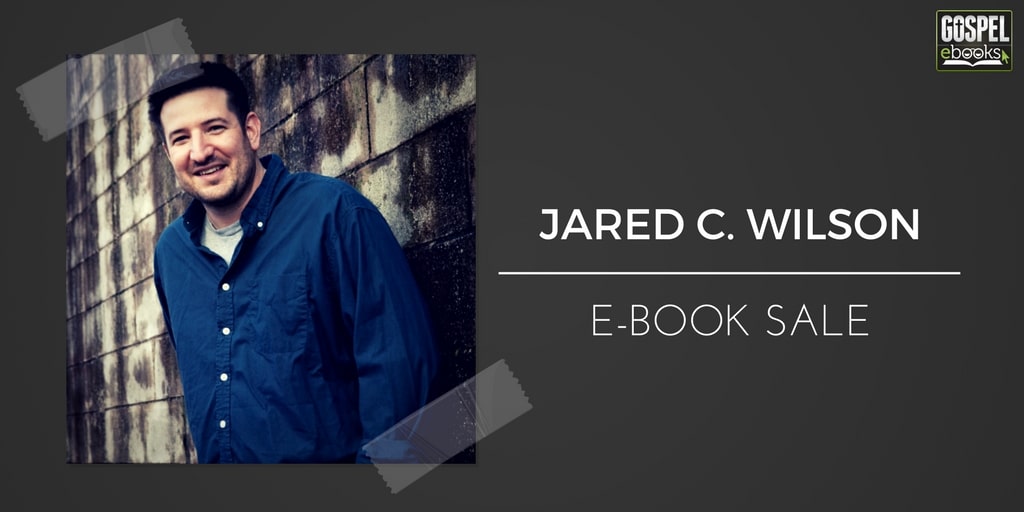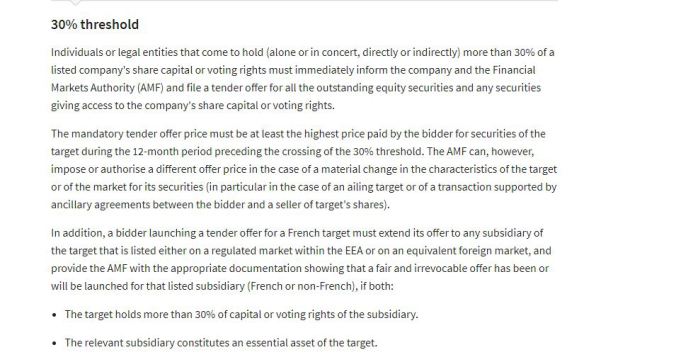
Some secrets should never be told.
Moscow, 1961: With the launch of Sputnik, the Soviet Union’s international prestige is at an all-time high. And the most notorious of the defectors to the Soviet Union, former CIA agent Frank Weeks, is about to publish his memoirs. What he reveals will send shock waves through the West. Weeks’ defection in the early 1950s shook Washington to its core – and forced the resignation of his brother, Simon, from the State Department.
Simon, now a publisher in New York, is given the opportunity to read and publish his brother’s memoir. He knows the US government will never approve the publication of what is clearly intended as KGB propaganda. Yet the offer is irresistible: it will finally give him the chance to learn why his brother chose to betray his country.
But what he discovers in Moscow is far more shocking than he ever imagined …
Going into this novel, I couldn’t help but wonder: what makes someone defect? I’m obviously aware people did (and do) switch sides, and I’m sure that they will have had, in their own minds at least, very good reasons for doing so, but it’s not something that I’ve ever considered at length. I think that part of what makes this novel so engaging is that it is this question that drives Simon to head out to Russia to be reunited with his brother – why did he do it? There’s an immediate connection to the main character, and I enjoyed the simple yet plausible explanation for Frank’s actions.
Since his defection, Frank and his wife, Joanna, have lived in Russia, and I really enjoyed the evocation of what life might have been like for those in that situation. They’ve clearly made huge sacrifices at great personal risk in following the path they’ve chosen, and yet the atmosphere in Russia is extremely claustrophobic, as their movements are closely monitored, both by hidden recording devices, but also by their pseudo bodyguards, such as Boris, in Frank’s case. A life of constantly watching what you say and who you say it to seems like scant reward for their efforts, although it seems as though everyone in Russia was treated in a similar fashion, and I guess that if you’ve switched sides once, what’s to stop you doing so again?
I also liked the portrayal of Simon and Frank’s relationship in Defectors. Incredibly close as children, Frank seems to have been something of a bad influence on Simon until their mother sent Simon to a boarding school in order to separate them and to encourage some independence in Simon, although the two were reunited at Harvard. They then went into the intelligence service together, although Frank’s defection meant that Simon also had to leave, through no fault of his own. It seemed to me that Frank’s choices had a significant impact upon his brother’s life (amongst others), whilst Simon has had to live with the fallout of those choices, his life dictated by someone else. This made me wonder why Simon is still, after everything he’s been through because of his brother, willing to publish these memoirs. There’s clearly still some familial loyalty on Simon’s part, and I think that the question of “why” is too much to turn away from, but surely there’s a point where you’ve had enough? It surprised me a little that Simon didn’t harbour some animosity towards Frank, given the way that his life has gone as a result of his brother’s actions.
This isn’t a high-octane thriller, although it does have plenty of twists to keep the reader engaged. I found it to be a thought-provoking read (as you’ve probably gathered from my ramblings above) and one that is quite different to the kind of novels that I usually pick up, and I enjoyed escaping from my comfort zone.
Defectors will be published on 1 June by Simon & Schuster. Many thanks to Emma Finnigan for providing a copy for review.
Rating: ★★★★☆
Advertisements Share this:




